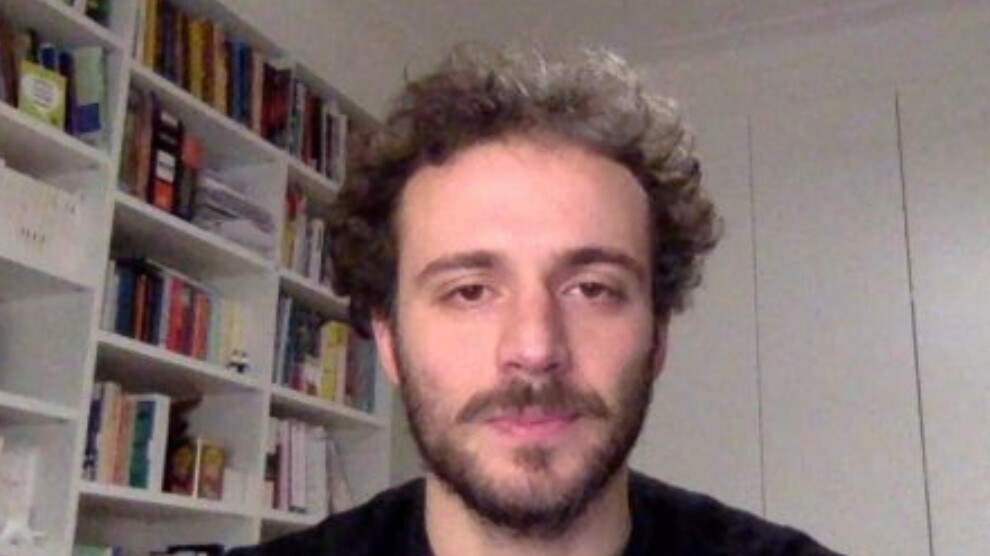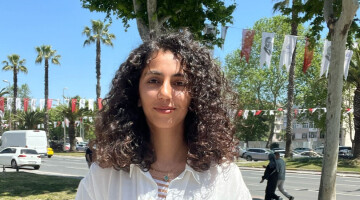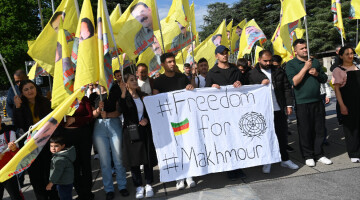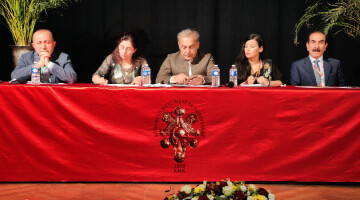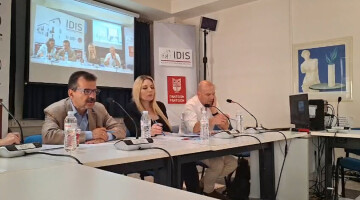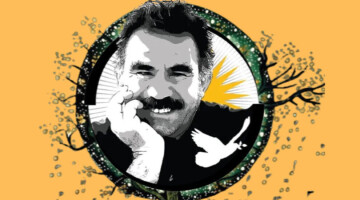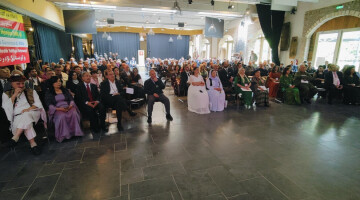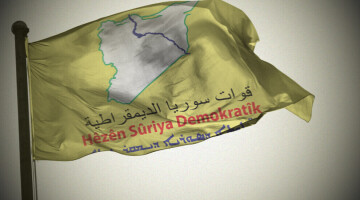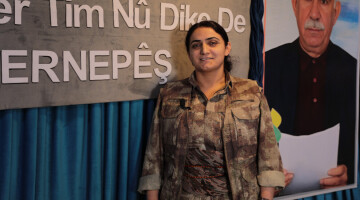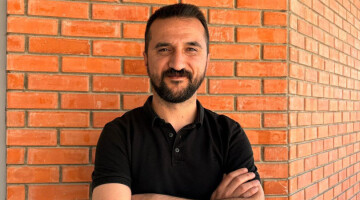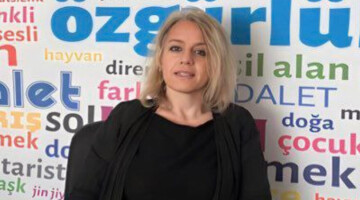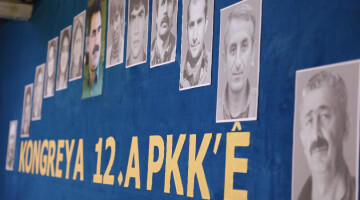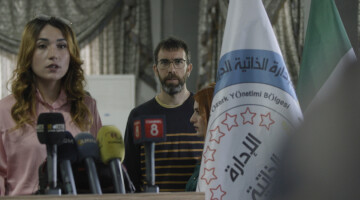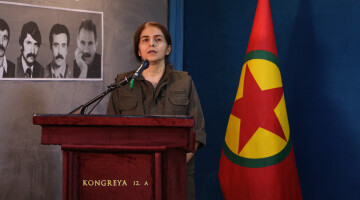The following are excerpts from an interview with Federico Venturini, researcher at the University of Udine and member of the International Peace Delegation in İmrali, who was stopped at Erbil airport (Iraq) and sent back to Italy.
First of all, tell us what this International Delegation for Peace and Freedom is? Who is it composed of and what are its goals?
We are a delegation of 150 people from all over Europe who went to Kurdistan with one goal: peace and freedom. Politicians, academics, human rights activists, trade unionists, journalists, feminists and ecologists from over ten countries, wanted to get a direct idea of the situation and take action to end the ongoing war and destruction, and contribute to the dialogue between the different Kurdish political actors.
The Kurdistan Regional Government prevented the delegation from holding the press conference you had scheduled in front of the United Nations headquarters in Erbil, deploying special armed forces outside the hotel where the delegation was located and preventing them from leaving. Other people in the delegation, twenty-seven in total, were blocked by the German airport authorities in Dusseldorf and given a 30-day travel ban. Finally, another thirty people were stopped at the Erbil airport in Iraq and rejected from the country… What happened to you in particular?
I was stuck at the airport in Erbil. I left Udine on Friday morning to arrive at Malpensa airport. I first stopped in Istanbul and finally I arrived at Erbil airport in the early hours of Saturday morning. Before passport control I was taken to an office, like all non-Iraqis. I was the last to be questioned. Unfortunately, I was told that I had a “bad profile” and I was prevented from leaving the airport. I was taken to an abandoned gate and there I found other activists in my condition, 3 Slovenians who had been stuck there for 48 hours and two Germans, one of them a member of Parliament from Die Linke who was left free to join the delegation in Erbil the next morning. I was offered two options: either to stay there, in the abandoned gate, until my official return scheduled for June 19, or to be repatriated immediately. At the moment, I waited, hoping for outside intervention.
The next morning, I spoke to the airport manager but there was nothing I could do. The Italian consul also came but, beyond generic legal support, he did not take a political position, ultimately siding with the government of the autonomous administration of Kurdistan led by the Barzani family. As the hours went by, the blockades increased, especially with activists from Germany, and we became almost thirty people. We started having an internal meeting and organizing ourselves. We shot videos and sent messages to the outside. At that point, the control over us became more stringent: we were prevented from accessing other parts of the airport, such as the bar, and we were watched by 3-4 plainclothes policemen.
Eventually, I got on a return flight early Sunday morning and arrived at Malpensa. From there, I took a long train ride to return home to Udine on Sunday evening. A long trip…
Afterwards, all the people stranded at the airports were released and returned to the countries of departure.
The full interview can be read here

